Advertisement
Artificial intelligence is transforming various aspects of our daily lives and work. In recent years, AI has made several notable breakthroughs that have had a significant impact. These new developments include better language understanding and machines that can learn and see on their own. AI is growing quickly, and its innovations are already helping businesses and individuals in meaningful ways. Learning about these advances can help us understand how technology is shaping the future.
In this blog, we will explore some critical AI innovations and share success stories where AI has made a real difference. From improving healthcare to supporting the environment and improving business efficiency, AI is demonstrating its potential. Being aware of these changes will help us prepare for the ways AI will soon influence our lives.

AI has made significant progress in many areas recently. One major advance is in natural language processing. Models like GPT have enhanced how machines comprehend and produce human language. This helps create better chatbots, translation tools, and voice assistants. Another critical area is computer vision, where AI can accurately recognize images and videos with high accuracy. This technology is used in self-driving cars, security systems, and even medical imaging.
Reinforcement learning is also growing, allowing AI to learn through trial and error, which is particularly beneficial in robotics and game-playing. In healthcare, AI is making a significant difference by enabling doctors to diagnose diseases more quickly and discover new medicines. It also supports personalized treatments tailored to each patient. Lastly, AI-powered automation is transforming industries by streamlining tasks, minimizing errors, and reducing costs. These innovations demonstrate how AI continues to grow and enhance various aspects of our lives.
Artificial intelligence is being utilized in numerous unexpected and creative ways that extend beyond what most people imagine. In creative fields like art, music, and writing, AI is becoming a valuable tool. It helps artists generate new ideas, compose music, and even write stories or poetry. Many creators utilize AI to experiment with styles and streamline certain aspects of their creative process, thereby opening up new possibilities for expression and innovation. Beyond creativity, AI is also playing an essential role in helping the environment.
For example, it improves climate models by providing more accurate predictions of weather patterns and climate changes. This information enables scientists and governments to plan more effectively for the future. AI is also used to monitor endangered species, tracking animals in the wild to protect them from threats like poaching and habitat loss. These efforts show how AI can support nature conservation and help preserve our planet.
In disaster management, AI systems analyze large amounts of data to predict natural events such as floods, wildfires, and storms. Early warnings give people and communities more time to prepare and reduce damage, potentially saving many lives. In education, AI is changing the way students learn by creating personalized learning experiences. AI tutors and platforms adapt lessons and exercises to match each student's strengths and weaknesses.
Many companies have realized important benefits from incorporating AI into their operations. In customer service, AI-powered chatbots and virtual assistants help answer questions quickly and provide support around the clock. This improves customer satisfaction while reducing costs. In marketing and sales, AI enables businesses to understand customer behavior better. It can recommend products, personalize offers, and predict future trends, ultimately leading to increased sales and revenue growth.
AI is also changing supply chains and logistics by optimizing routes, managing inventory, and reducing delays. These improvements save time and money. Financial services utilize AI to detect fraud and manage risks more effectively, thereby protecting both companies and their customers. These success stories demonstrate how AI can enhance efficiency and profitability. They also highlight how businesses that adopt AI carefully can stay ahead in a competitive market.
The successes we are seeing today demonstrate that AI will continue to evolve and have a significant impact on many industries. As more businesses start to use AI technologies, people's trust in these systems is expected to grow, which will encourage even wider adoption across different sectors. This increasing acceptance of AI can lead to the creation of new jobs that we have not seen before, as well as open up opportunities for entirely new types of companies and business models. These changes could reshape the economy and the way we work in ways we have yet to imagine fully.
At the same time, it is essential to recognize that AI also presents significant challenges that must be carefully managed. One of the biggest concerns is ensuring that AI systems are fair and do not perpetuate or exacerbate existing inequalities. Protecting people's privacy is also crucial, as AI often relies on large amounts of personal data. Additionally, managing the risks associated with AI mistakes, misuse, or unintended consequences is vital to prevent harm. As AI becomes more embedded in everyday life from healthcare and education to finance and transportation the way we handle these challenges will significantly influence its overall effect on society and the economy.
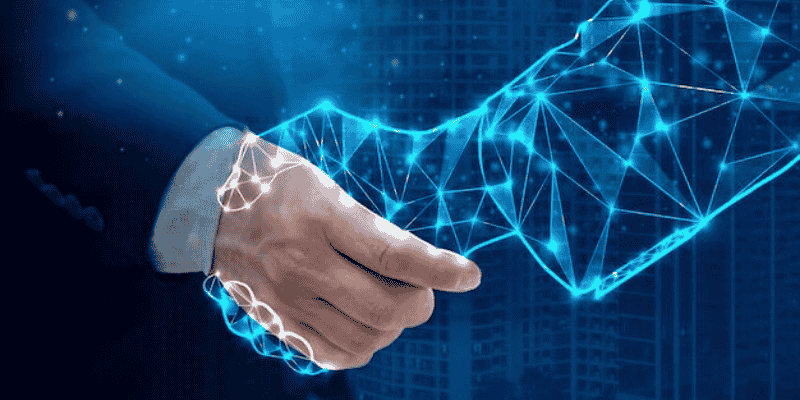
AI has made numerous significant innovations and achieved notable successes that are changing how we live and work. These breakthroughs demonstrate the power of AI to enhance healthcare, protect the environment, and improve business operations. At the same time, we must remember that AI brings challenges that need careful attention.
By understanding these changes and preparing for the future, individuals and organizations can use the benefits of AI while mitigating its associated risks. The progress so far is just the start, and AI will continue to shape our world in many ways. Staying informed and open to new possibilities will enable us to maximize the potential of AI in the years to come.
Looking forward, all stakeholders governments, businesses, and individuals need to collaborate on establishing clear guidelines and ethical standards for the responsible use of AI. Responsible development and deployment will ensure that AI remains a positive force for society.
Advertisement
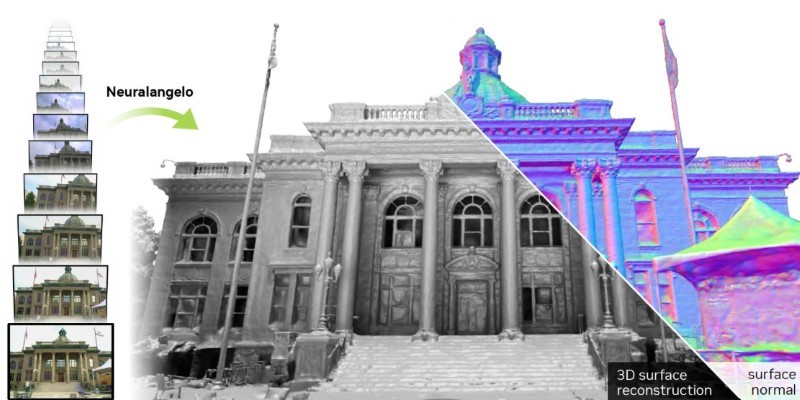
How NVIDIA’s Neuralangelo is redefining 3D video reconstruction by converting ordinary 2D videos into detailed, interactive 3D models using advanced AI

Explore the underlying engineering of contextual ASR and how it enables Alexa to understand speech in context, making voice interactions feel more natural and intuitive

Not sure how to trust a language model? Learn how to evaluate LLMs for accuracy, reasoning, and task performance—without falling for the hype
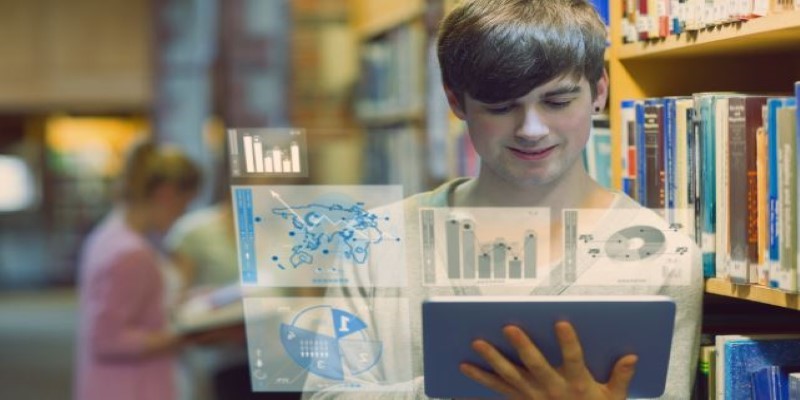
AI is reshaping the education sector by creating personalized learning paths, automating assessments, improving administration, and supporting students through virtual tutors. Discover how AI is redefining modern classrooms and making education more inclusive, efficient, and data-driven

Discover how an AI platform is transforming newborn eye screening by improving accuracy, reducing costs, and saving live
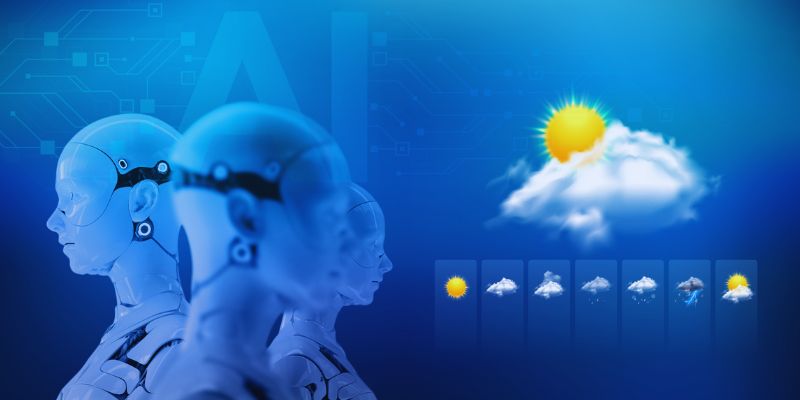
Discover how AI in weather prediction boosts planning, safety, and decision-making across energy, farming, and disaster response
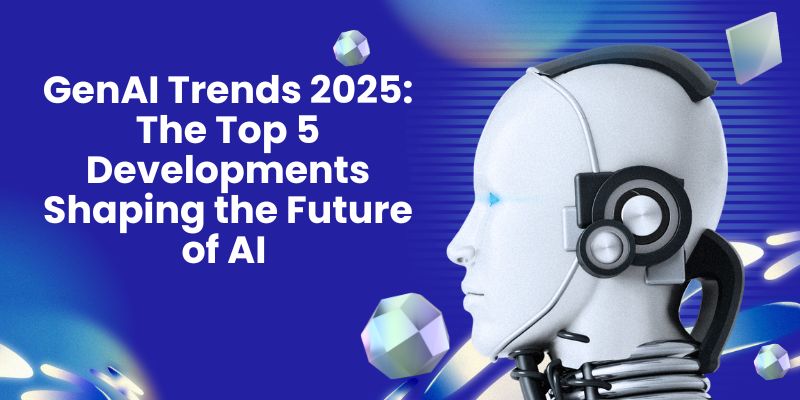
Learn about the top 5 GenAI trends in 2025 that are reshaping technology, fostering innovation, and changing entire industries.

What happens when energy expertise meets AI firepower? Schneider Electric and Nvidia’s partnership is transforming how factories are built and optimized—from virtual twins to real-world learning systems

Domino Data Lab joins Nvidia and NetApp to make managing AI projects easier, faster, and more productive for businesses
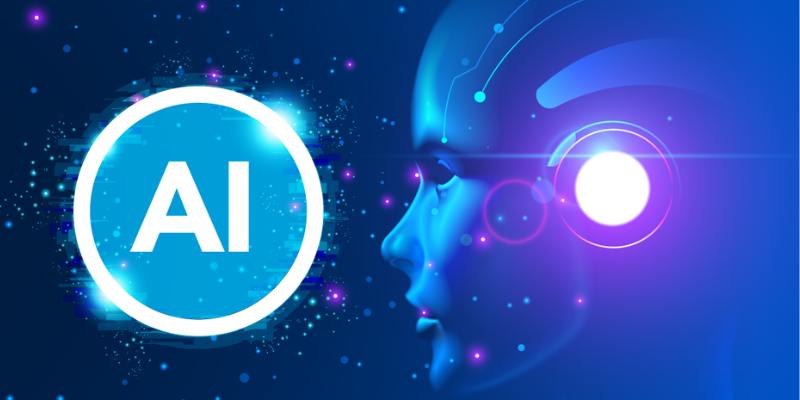
Discover seven powerful ways AI helps manage uncertainty and improve resilience in today's fast-changing business world.
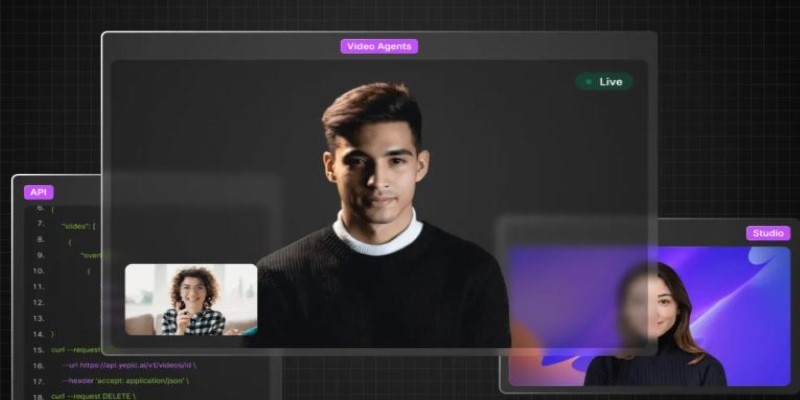
How an AI avatar generator creates emotionally aware avatars that respond to human feelings with empathy, transforming virtual communication into a more natural and meaningful experience
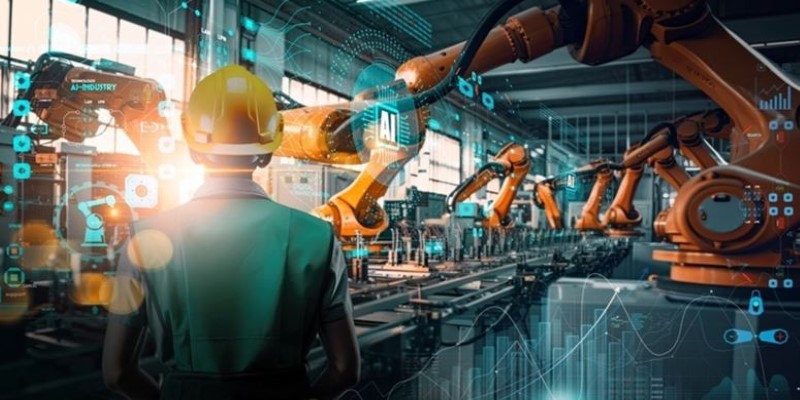
How AI-powered simulation is revolutionizing engineering practices by enabling faster, smarter design and testing. Explore key insights and real-world applications revealed at AWS Summit London